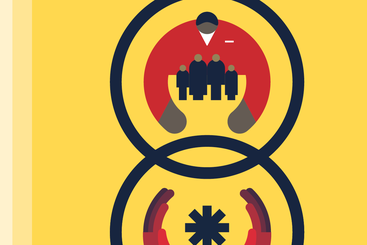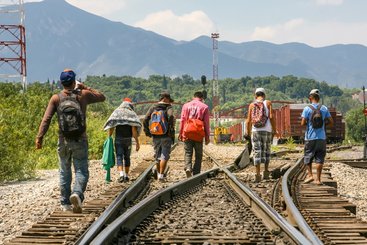The number of forcibly displaced people – and the number of children and young people uprooted by crises – has reached unprecedented levels. Not only are children disproportionately represented among the displaced population, but they are also among the most vulnerable. The risks they face are even more concerning given that there is often no end in sight to displacement for uprooted children and families. Moreover, protracted displacement often occurs in areas with high – and frequently growing – levels of poverty and vulnerability. This creates an urgent need for a sustainable response to widespread needs among both the host and displaced populations.
Supporting the growth of inclusive national social protection systems can play a crucial role in developing a sustainable approach to address the pressing needs of both displaced and host children and families. Around the world, host governments and the international community have committed to developing inclusive social protection systems that cover displaced children and their families.
The aim of this paper is to explore the existing and potential role of inclusive social protection in supporting displaced children and their families – and in bringing about wider benefits for host communities and the host country. Specifically, the paper aims to shed light on the following questions:
- How do inclusive social protection systems support displaced children and their families?
- What are the potential benefits of inclusive social protection – for displaced populations, host communities and societies, local economies and state institutions?
- What are some of the common barriers to, but also opportunities for, realising better outcomes through social protection that includes displaced children and families?
- What policy responses are needed to accelerate momentum to develop robust social protection systems that work for all children and their families?




